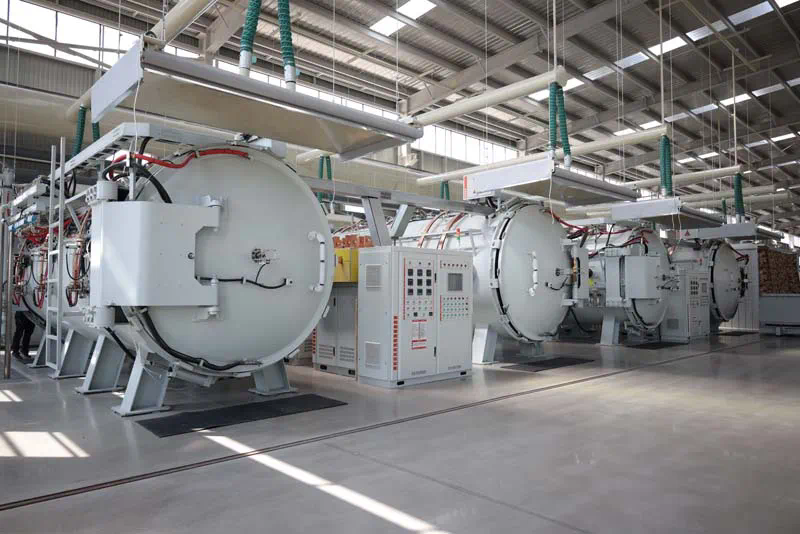Innovative Applications of Silicon Carbide in Medical Devices
Silicon carbide (SiC) has emerged as a revolutionary material in the field of medical devices, offering unique properties that enhance performance, durability, and biocompatibility across various applications. This article explores the innovative applications of SiC in advancing medical technology, from implantable devices to diagnostic tools.
Advantages of Silicon Carbide in Medical Devices
Silicon carbide, known for its exceptional hardness, thermal conductivity, and chemical resistance, presents several advantages in medical device applications. Its biocompatibility and bioinert nature make it ideal for long-term implantable devices, reducing risks of adverse tissue reactions and enhancing patient safety. Moreover, SiC’s mechanical strength and dimensional stability ensure reliability in demanding environments, such as within the human body.
Implantable Devices
One of the most groundbreaking applications of SiC is in the development of implantable medical devices. Silicon carbide’s ability to withstand harsh physiological conditions, including corrosion and wear, extends the lifespan of implants such as orthopedic joints, dental implants, and cardiovascular stents. These devices benefit from SiC’s biocompatibility, which minimizes inflammatory responses and promotes tissue integration, crucial for successful long-term implantation.
Diagnostic Equipment
In diagnostic medicine, SiC plays a pivotal role in enhancing the performance of medical imaging equipment. X-ray tubes and detectors incorporating silicon carbide components exhibit improved thermal management and radiation hardness, leading to higher imaging resolution and reduced maintenance requirements. The material’s stability and reliability contribute to the precision and accuracy of diagnostic procedures, ensuring timely and accurate medical diagnoses.
Surgical Instruments and Tools
Silicon carbide’s exceptional hardness and wear resistance make it well-suited for surgical instruments and tools. Scalpels, drill bits, and cutting tools manufactured from SiC alloys offer superior cutting performance and durability compared to traditional materials. The material’s inertness and chemical stability further prevent contamination and ensure sterilizability, critical for maintaining surgical hygiene standards and patient safety.
Emerging Applications in Biomedical Sensing
Recent advancements have explored SiC’s potential in biomedical sensing technologies. SiC-based sensors enable real-time monitoring of physiological parameters such as pH levels, glucose concentrations, and oxygen saturation. These sensors leverage the material’s chemical stability and sensitivity, providing accurate and continuous data for diagnostic purposes and personalized healthcare management.
Future Prospects and Research Directions
Looking ahead, ongoing research focuses on expanding the applications of SiC in medical devices. Innovations include biofunctionalized SiC surfaces for enhanced tissue integration, advanced SiC-based drug delivery systems for targeted therapies, and nanoscale SiC structures for biocompatible implants with tailored mechanical properties. Furthermore, collaborative efforts between material scientists, biomedical engineers, and clinicians aim to optimize SiC’s performance and explore new frontiers in medical technology.
Conclusion

In conclusion, Silicon carbide represents a paradigm shift in the development of advanced medical devices, offering unparalleled properties that elevate performance standards across various healthcare domains. From implantable devices that improve patient outcomes to silicon carbide blast media diagnostic tools that enhance medical imaging capabilities, SiC continues to redefine possibilities in modern medicine. As research progresses and technological advancements accelerate, the integration of SiC into mainstream medical practice promises to shape the future of silicon carbide conductivity healthcare delivery, emphasizing innovation, reliability, and patient-centric care.
https://supplychaininterview.com/